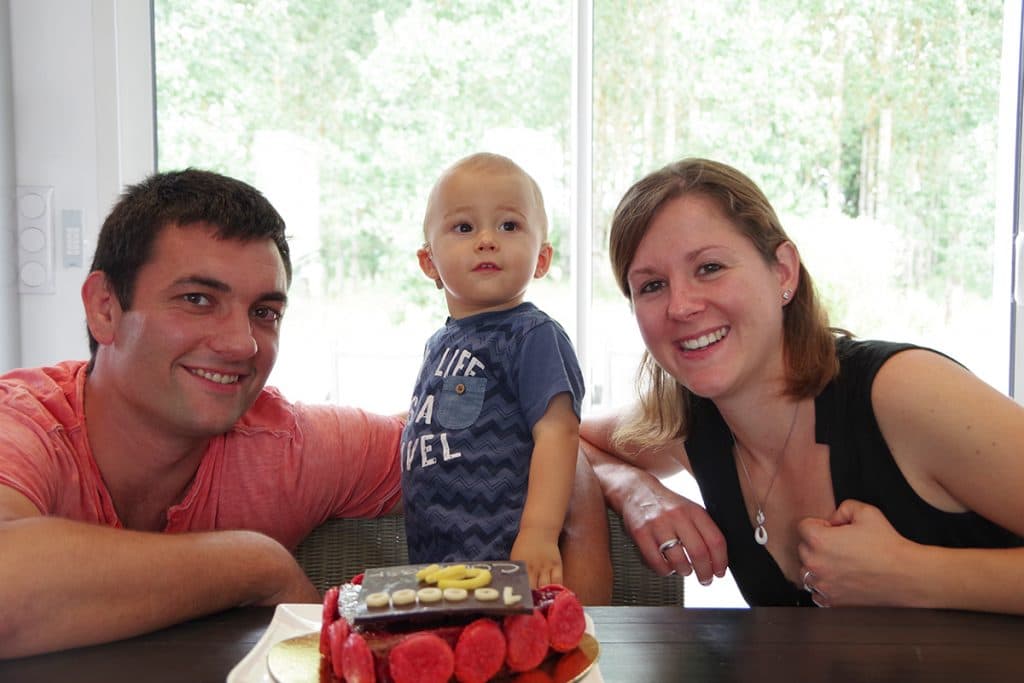August 1st 2018 marked 40 years since Professor Graeme Clark implanted the first multi-channel cochlear implant, in patient Rod Saunders. It was from this that Cochlear™ was founded and the first Nucleus® recipient was implanted in 1982.
As the industry leader, Cochlear are committed to transforming the way people understand and treat hearing loss. As part of Cochlear Family, we want to share with you our vision for research and development and explore the ways in which you can help shape the future of implantable hearing solutions.
We caught up with Nucleus® 6 recipient and Cochlear volunteer, Sarah, who explained to us why she enjoys taking part in research.
Q: Why is taking part in research so important to you?
“I was a teacher for many years until I retired, and taking part in research gives me the opportunity to interact with and support students. I like the mental stimulation is gives and it makes me really think about things but, most importantly, everybody benefits!”
Q: Have you taken part in many research studies?
“I usually get one request a year from my implant clinic to take part in a study. The studies vary from online questionnaires, to taking part in focus groups, to more controlled tests in a laboratory. I try to take part in as many studies as I can. This summer I took part in a focus group, for which I was asked to trial and feedback on a new way of providing aftercare for implant recipients. I think it will be brilliant and feel so privileged to have been able to be a tiny cog in its development.”
Q: Are you involved in any studies at the moment?
“Yes – I have been involved in a project at the University of Southampton. They are testing whether providing vibration through the finger or wrist can help improve listening in noise for implant users. The testing was tiring (4 sessions in total) but I would definitely use the technology if they prove it helps, especially if it meant you could listen for longer in noisy environments.”
Q: Would you encourage others to take part in research?
“Absolutely. Studies like the one in Southampton have the potential to transform the lives of anyone who is deaf. If you’re asked to take part in research I would consider it seriously, as the implant community is only a small pool of people and the bigger the pool, the stronger the evidence.”
Q: Finally, what do you think Cochlear should be researching?
“I still find listening to music hard, particularly the type of music I like. I think Cochlear should definitely look at how we can improve music for implant recipients.”
Come and learn more about Cochlear’s research at our Cochlear LIVE! event in November.




